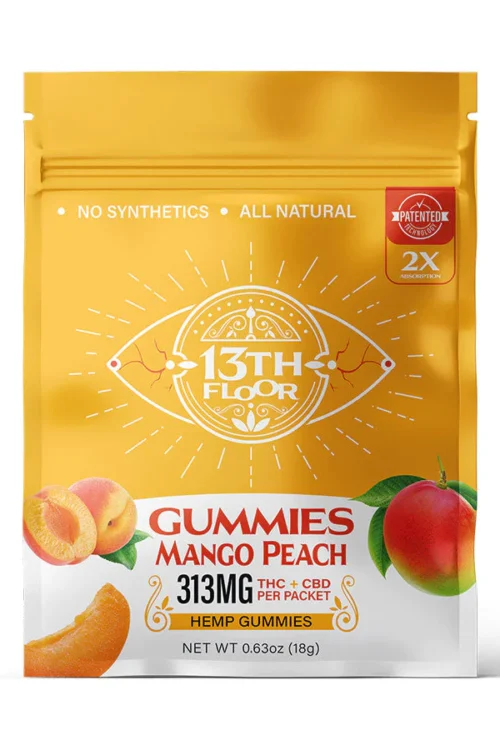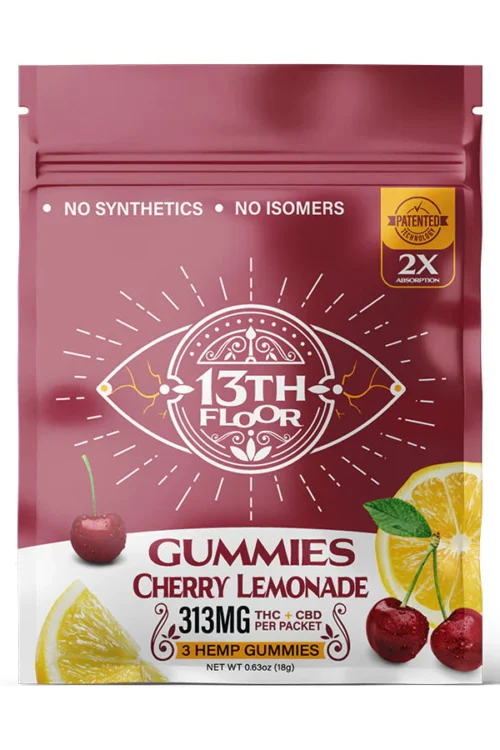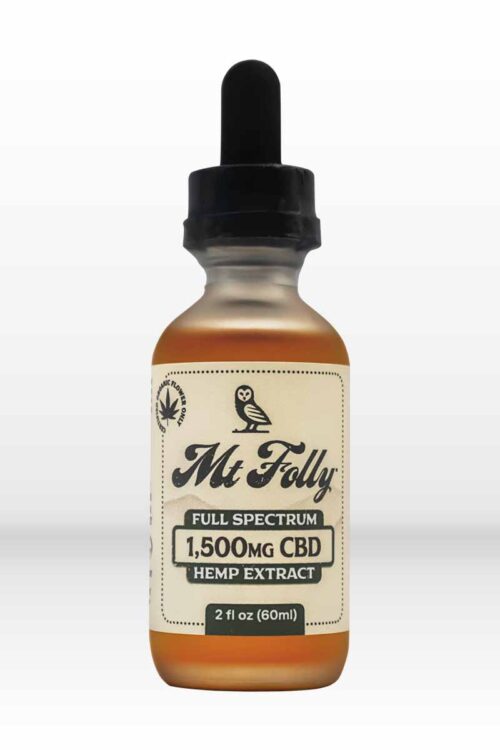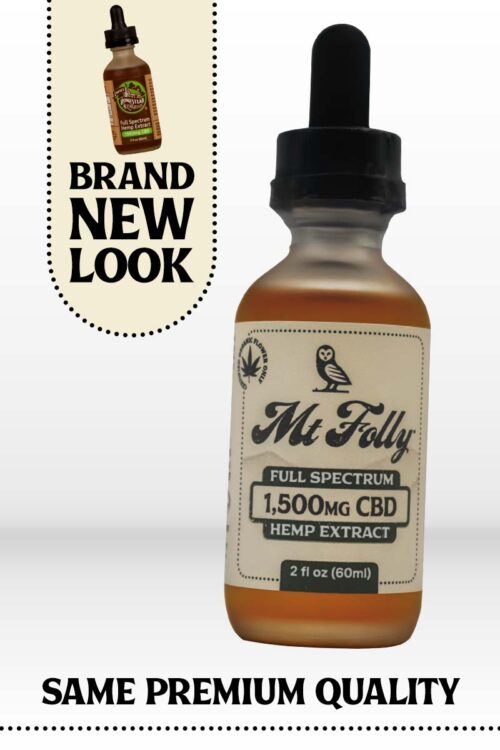CBDA: The Next Frontier in Cannabinoid Research
As interest in cannabis-derived compounds grows, CBDA (cannabidiolic acid) is emerging as a key player in the conversation about cannabinoids and their effects. While CBD (cannabidiol) and THC (tetrahydrocannabinol) are widely known, CBDA is gaining attention for its unique properties and potential benefits. But how does it compare to CBD and THC, and what should consumers know before trying it?
This article takes a journalistic deep dive into CBDA, its effects, and how it differs from other cannabinoids.
What Is CBDA and How Is It Different from CBD and THC?
CBDA is the precursor to CBD, meaning it is found in raw, unheated cannabis and hemp plants. Through a process called decarboxylation, CBDA converts into CBD when exposed to heat or sunlight.
Unlike THC, CBDA and CBD are non-psychoactive, meaning they won’t produce a high. However, CBDA interacts with the body differently than CBD, particularly in how it influences the endocannabinoid system (ECS) and other receptors.
Key Differences Between CBDA, CBD, and THC:

What Does CBDA Feel Like?
CBDA does not produce a high, nor does it create a noticeable “buzz” like THC. Some users report a sense of relaxation or calm, but effects are often subtle. Since CBDA interacts with serotonin receptors rather than ECS receptors, its effects may feel different from CBD—potentially more uplifting or gentle in onset.
CBDA and the Body: What Does It Do?
CBDA primarily affects the serotonin system, which plays a role in mood regulation, digestion, and overall well-being. While research is still developing, CBDA is being studied for its potential effects on nausea, stress response, and other physiological functions.
Is CBDA More Powerful Than CBD?
Some studies suggest that CBDA may be more bioavailable than CBD, meaning it is absorbed more efficiently in the body. However, more research is needed to determine whether this translates to greater effects.
CBDA and Drug Testing: Will It Show Up?
Does CBDA Show Up on a Drug Test?
Most standard drug tests screen for THC, not CBDA or CBD. However, some full-spectrum CBDA products may contain trace amounts of THC, which could potentially result in a positive test.
Do Employers Look for CBD in Drug Tests?
Generally, no. However, if the product contains full-spectrum cannabinoids with trace THC, there may be a small risk of detection.
CBDA Usage: Dosage, Effects, and Duration
Can You Take Too Much CBDA?
There are no known overdose risks for CBDA, but excessive amounts may lead to digestive discomfort.
What Are CBDA’s Effects?
CBDA may promote a sense of balance, affecting mood, digestion, and physical well-being. However, it does not have the same intoxicating effects as THC.
How Often Should You Take CBDA?
This depends on individual needs, but some take CBDA daily as part of their wellness routine.
How Long Does CBDA Last?
Effects vary, but they are typically short-lived compared to CBD—lasting a few hours in most cases.
CBDA and Appetite: Does It Make You Hungry?
Unlike THC, which is well known for stimulating appetite (“the munchies”), CBDA does not typically increase hunger.
CBDA and Sleep: Is It Better Than CBD?
Is CBDA or CBD Better for Sleep?
Research on CBDA for sleep is limited, but CBD is generally preferred for sleep-related concerns. CBN (cannabinol) is another cannabinoid often associated with relaxation and sleep support.
What Is Better for Sleep, CBD or CBN?
CBN is often considered more sedative-like, while CBD and CBDA may have more balancing effects.
CBDA, THCA, and Psychological Effects
Does CBDA Have Psychoactive Effects?
No, CBDA is non-psychoactive and does not cause impairment.
What Are the Psychological Effects of THCA?
THCA (tetrahydrocannabinolic acid) is the precursor to THC and does not produce a high unless heated (decarboxylated) into THC. When raw, THCA may have different physiological effects but remains non-intoxicating.
Legal and Practical Considerations
Is CBDA Federally Legal?
Yes—CBDA derived from hemp (with less than 0.3% THC) is legal under the 2018 Farm Bill. However, laws may vary by state.
Does CBDA Turn Into CBD?
Yes, CBDA naturally converts to CBD when exposed to heat.
How Long Does CBD Stay in Your Pee?
CBD and CBDA can stay in the system for days to weeks, depending on usage and metabolism.
What Are the Side Effects of CBDA?
CBDA is generally well tolerated, but some users report:
Mild digestive discomfort
Dry mouth
Changes in mood or energy levels
Choosing the Right CBDA Product
What Is the Most Effective Brand of CBD Gummies?
Effectiveness depends on quality, extraction method, and third-party testing. Look for brands that offer:
✅ Full-spectrum or broad-spectrum extracts
✅ USDA-certified organic hemp
✅ Third-party lab testing for purity
CBDA as a Unique Cannabinoid
CBDA is an exciting cannabinoid with growing scientific interest. While it doesn’t replace CBD or THC, it offers a unique interaction with the body, particularly through the serotonin system.
Whether you’re exploring CBDA for the first time or looking to incorporate it into your wellness routine, understanding how it compares to CBD and THC is key. As research expands, CBDA may become a major player in the alternative wellness space.
For those looking for high-quality CBDA products, always opt for third-party tested, full-spectrum formulations to ensure purity and effectiveness.













